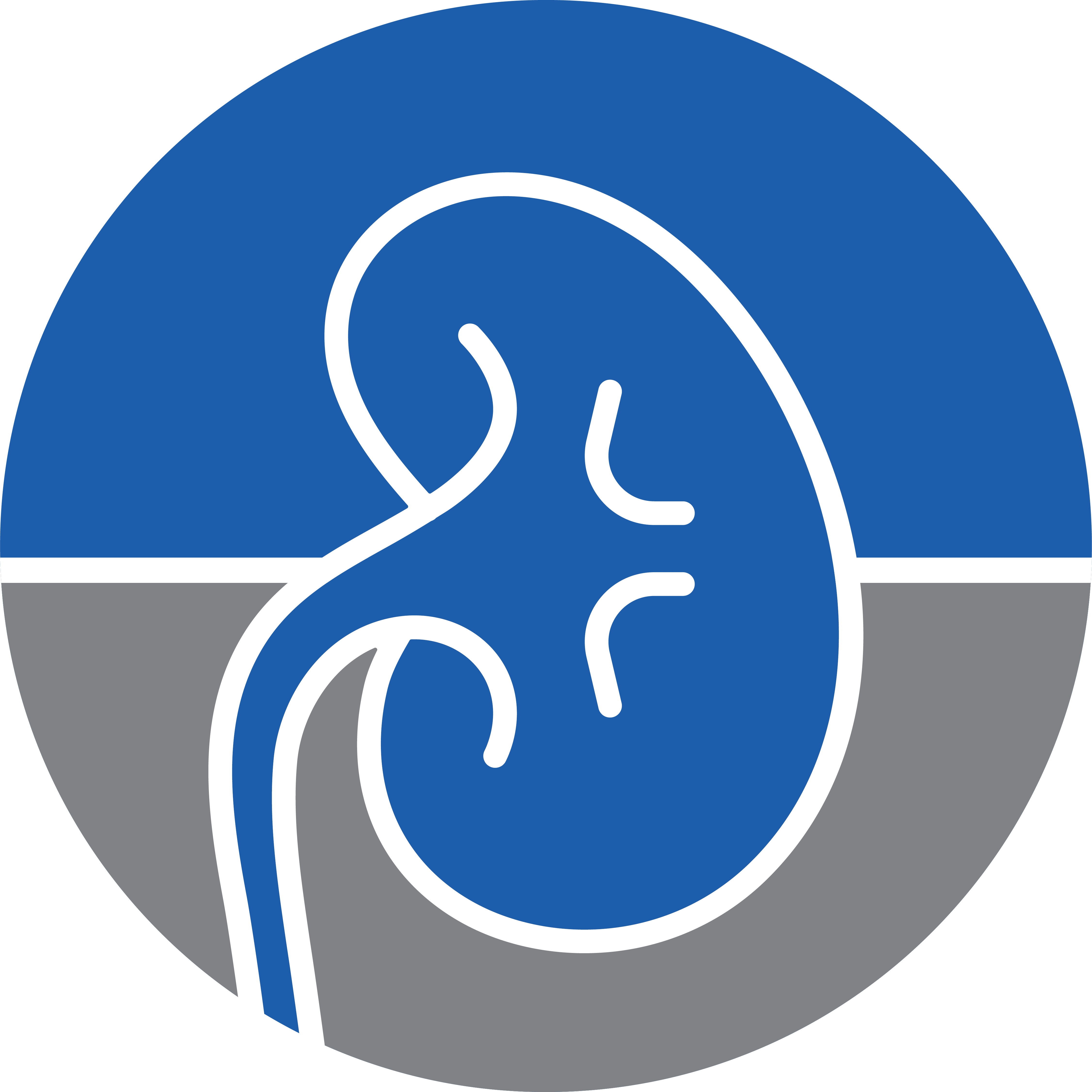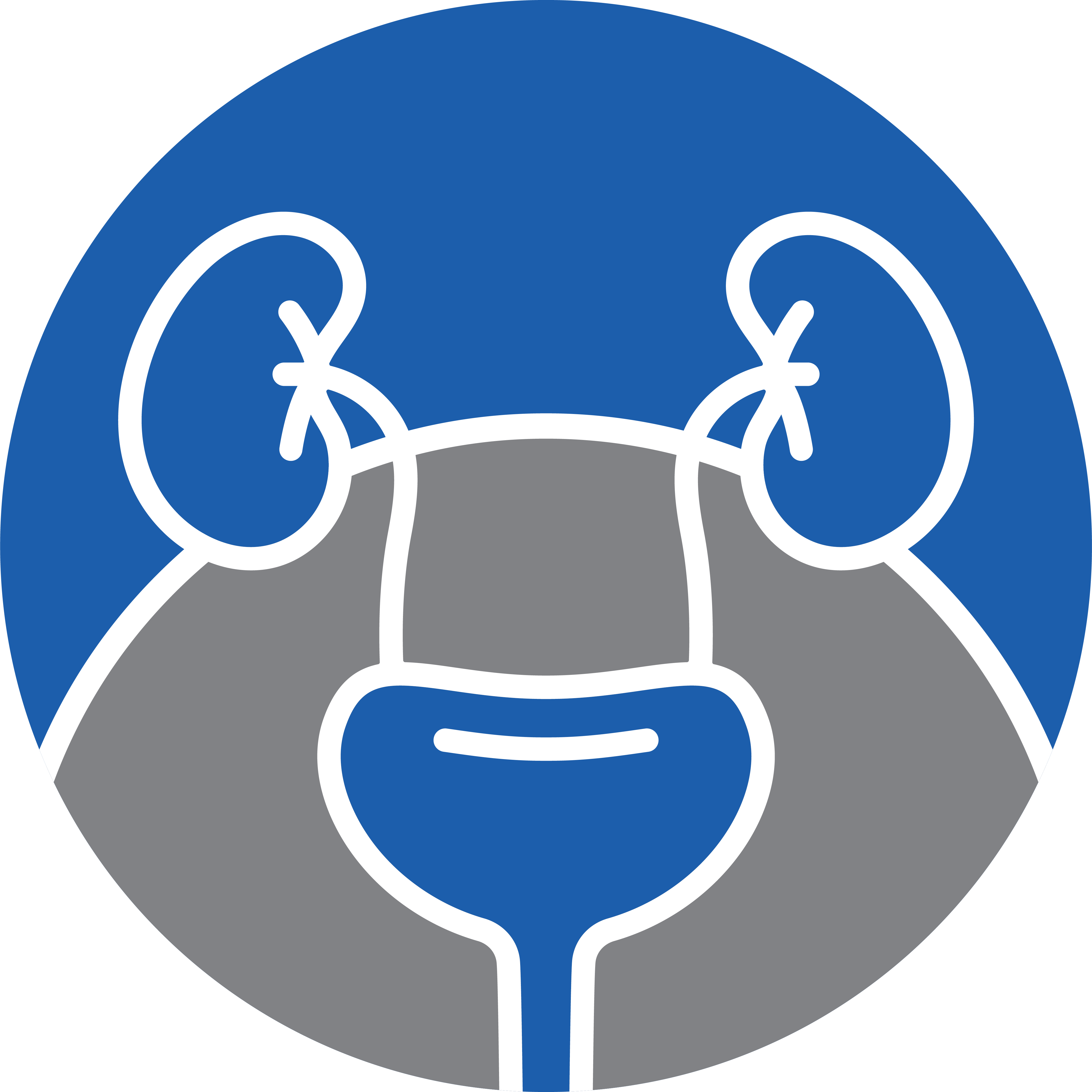Articles
24 February 2021
Country(s)
It is normal for people to have a slight increase in blood sugar after a meal. However, when the body cannot effectively process the sugar in the blood, there may be insulin resistance. This could lead to diabetes over time and cause health problems like kidney and eye-related neuropathy complications. So, it is important to stabilise blood sugar. Whether you are a diabetic, a starch lover, or have a sweet tooth, you should learn how to control blood sugar and stabilise it before your health deteriorates. You can manage and try to prevent diabetes by following natural and drug-free methods.
1. Regulate carb intake following a diabetic’s diet
People who are concerned about blood sugar know that carbohydrates are the main cause of increased blood sugar. What is the ideal intake of carbohydrates per meal? According to the Diabetes Association of the Republic of China (Taiwan), the recommended amount of carb intake for Type 2 diabetes female patients is 45-60 grams per meal, while male patients can absorb about 60-75 grams from meals and 15-30 grams from snacks.
Carbohydrates are usually found in starchy staple foods such as rice and noodles; root veggies like sweet potatoes, potatoes, and other low-GI vegetables; and the sugar content in most fruits and bread desserts.
2. Stabilise blood sugar with a protein-rich breakfast
Breakfast is the most important meal, especially for diabetics, after not eating for 8-12 hours at night. It is important to include protein at breakfast because the body needs it to balance blood sugar levels. According to a study published by the University of Missouri in the United States, a high-protein breakfast can better control women’s blood glucose level. The subjects in the study were women aged 18 to 55 years old. The number of calories, fat, and fibre were similar but the protein content varied with people. These women were tested for blood glucose and insulin content within four hours after they had breakfast. It was found that the group with more protein intake had the highest blood glucose value after their meals.
3. Increase the intake of soluble fibre in the diet
Fibre can slow down the digestion and absorption of carbohydrates. There are two kinds of dietary fibre: water-soluble and insoluble. Both fibres are crucial to our health. However, water-soluble fibre is more helpful in maintaining blood sugar levels. Type 1 diabetes patients can adopt a high-fibre diet to control blood sugar and eliminate hypoglycaemia. Foods like vegetables, fruits, beans and whole grains are rich in fibre. The recommended daily intake of fibre is about 25 grams for women and 38 grams for men.
4. Choose resistant starch to impede the rise of blood sugar
American expert nutritionist Jill Weisenberger said that potatoes and beans contain resistant starch. Eating cooked potatoes that are cooled have a lower GI value than hot potatoes and it can help slow down the rate of the sugar level rising after a full meal. Besides, other starchy foods such as unripe bananas, beans and lentils and whole grains (wheat, oats, rice, buckwheat, etc.), corn and cold pasta also have resistant starch.
5. Stabilise blood sugar with beans
The American Diabetes Association stated beans take a long time to be digested, which slows down the rise of blood sugar. According to a 2012 study in Canada, it was found that by eating at least one cup of beans (such as chickpeas and lentils) a day, patients with Type 2 diabetes maintained a low blood sugar level for three months. In addition, beans are also rich in folic acid (Folate) and can reduce the risk of cardiovascular disease. Eating 1 to 3 cups of cooked beans a day could lower total cholesterol by 5-19%.










